|
 :
Kids and the
Arts :
Kids and the
Arts
|
The "Arts" is an expression, a form of
communication.
It speaks of feelings, and mood. It depicts societies and cultures, ways of life. It speaks of our history, our past. It is a freedom, beyond the physical. It is the physical, the psychological, the philosophical. It is happiness and joy; it is sadness and pain. It is therapy; it is healing. It is thoughts, emotions, confusions, and clarity. It is rational and irrational. It is math; it is language. It is the vehicle for building connections in our minds.
What is "The Arts"? I do not know. |
The Arts
'the
whole underlying philosophy of photography in the academic field is to
encourage children to look for certain things in the world around them,
and to demonstrate that they have seen by recording it with a
photograph'
Phillip
Dawson
(How can we best use the Arts
in a child's life? ) |
How can we
help develop a child's artistic ability?
Exposure to art is a key element. Surround a child with samples of
art: hang pictures by Picasso and
Monet; play
Mozart and
Brahms; take them
to the theatre and the opera. Provide the tools and the skills to use them properly. So often we
let children do things their own way only to make them do it the proper
way years later after the "bad" habits have been formed.
Why not show them properly in the first place!!! ?? [have
a look at this Sanford site for drawing and painting] Give them opportunities to express themselves freely as well as time to
learn the techniques through structured activities. Recognize and acknowledge their achievements --regardless of your own
personal appraisal of their artistic endeavors Display their art in a prominent place (if they choose to do so) And when the "fridge door is full" let them decide what comes
down and where it is filed. Keep a collection of art -- to watch the progression of skills.
Help them critique their own work and progress.. Use art in all areas of teaching (ex.
math) (check out this information on "Discipline
based art education") Incorporate all areas of learning into the art: Create
a Classroom
Museum
Art
Lessons On-Line |
Sites listed have been chosen for their
quality and variety. |
|
|
and some other
favourites
an email worth sharing
|
Back
to "Today's Child" 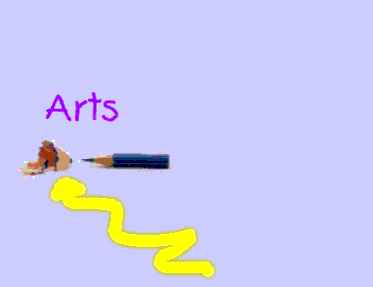
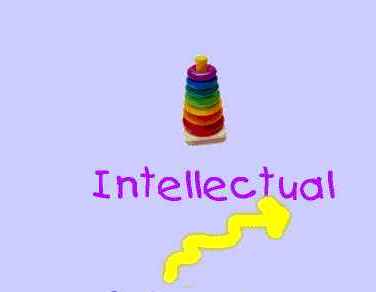
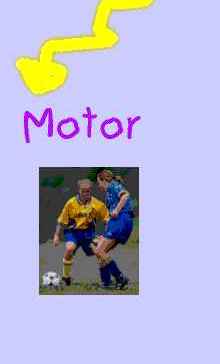
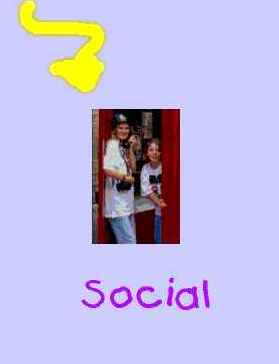
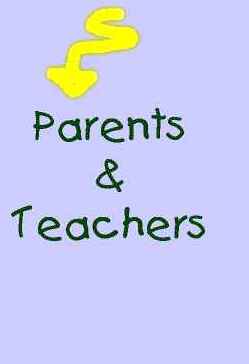
Subject:
I read your home page.
Date:
Sun, 21 Jan 2001 14:22:16 +0900
This email was sent to be a while ago. It really
demonstrates the importance of the "arts" in the classroom.
How do you do ?
Nice to meet you.
Why I send you the mail is your way of thoughts are
so great and I really moved.
I can't help mailing you right now.
I 'm writing this mail in Japan.
I'm a undergraduate at Japanese private school.
I don't have any special knowledge about children education,
but just have interests in the use of art to grow up their every
fields of abilities.
Here in Japan, we can't hardly touch arts at the stage of education.
Of course there's exception, however, the style to teach is almost
with textbooks, children copy the blackboard to their notebooks.
We are good at memorizing but not good at self-thinking.
I think it is caused because the majority of Japanese focuses
on not what they study but how high the school's level they would
enter.
I suppose that this is one of the reason that Japanese students tend
to
lose their aim or dream, what they really want to do after they enter
universities.
I was really happy to find your site and to know the epoch making
ideas
toward education.
I'll check your page out sometimes.
See you.
Senko Washizu
|